The Economic Freedom Fighters (EFF) says the decision to raise the statutory reserve ratio by the Bank of Zambia (BOZ) is not the lasting solution to the adverse exchange rate and high inflation in the country.
The Central Bank announced on Monday that it had adjusted upwards the statutory reserve ratio by three percentage points, from 11.5 percent to 14.5 percent.
EFF Secretary General, Changala Siame, said to Zambia Monitor on Tuesday in Lusaka that government needed to increase productivity in all sectors and consider reversing the mining tax holiday in order to improve on the country’s forex reserves.
Siame said the party was deeply concerned about the current adverse macroeconomic trends, particularly the exchange rate and inflation rate.
He said the local currency had significantly depreciated, reportedly making it one of the worst-performing currencies in the world, currently trading at US$1 to K22.5.
“To address this issue, the Bank of Zambia has made adjustments to the Kwacha and Foreign Currency Statutory Reserve Ratio in an effort to control the free-falling Kwacha,” Siame noted.
He noted that this included increasing the statutory reserve ratio on both local and foreign currency deposits, as well as government and vostro account deposits.
Siame recalled that in February 2023, a similar increase in the statutory reserve ratio of 2.5 percentage points to 11.5 percent was implemented.
“Despite these measures, the exchange rate has continued to depreciate, signaling the failure of the UPND government’s attempts to stabilize the foreign exchange market,” he said.
Siame said in addition to the depreciation of the Kwacha, the inflation rate had surged from single digits to 12.5 percent.
He noted that the government had been grappling with this situation, constantly reversing the statutory reserve rate and monetary policy in hopes of finding a solution.
“The mining tax holiday has had a serious negative impact on our foreign reserve account,” Siame alleged.
He argued if the intention behind the tax holidays was to incentivize the mines, the country would have already seen the benefits through increased copper production.
Meanwhile, Prosperous and Peaceful Zambia (UPPZ) has also criticised the decision by the Bank of Zambia (BOZ) to raise the statutory reserve ratio.
UPPZ leader, Charles Chanda, warned that the action by BOZ could have severe implications for the nation’s economy, potentially exacerbating the ongoing economic downturn.
“We need to realise what are the far reaching implications of such a decision.
“The increase in the statutory reserve ratio will force banks to hold larger portions of their deposits as reserves with the Central Bank,” he said.
He alleged that this would in turn lead to liquidity challenges and potential causing a surge in interest rates.
“And the resultant higher cost of borrowing may create obstacles for businesses and individuals to access credit, ultimately hampering economic growth,” he added.
Chanda further called upon the Bank of Zambia to reevaluate its decision and take into account the potential repercussions on businesses and individuals.
He asserted that addressing the symptoms of these issues without tackling the underlying economic problems will hinder the country’s ability to achieve its targeted Gross Domestic Product (GDP) growth.
The Bank of Zambia had issued a circular to commercial banks, outlining an increase of three percent in the statutory reserve ratio, which would take effect on November 13, 2023.
WARNING! All rights reserved. This material, and other digital content on this website, may not be reproduced, published, broadcast, rewritten or redistributed in whole or in part without prior express permission from ZAMBIA MONITOR


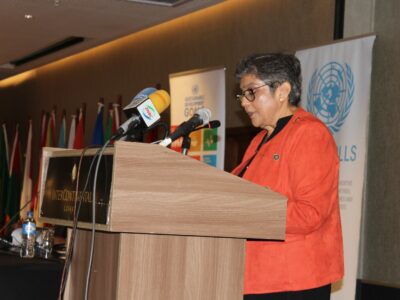

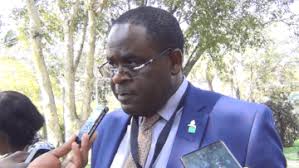
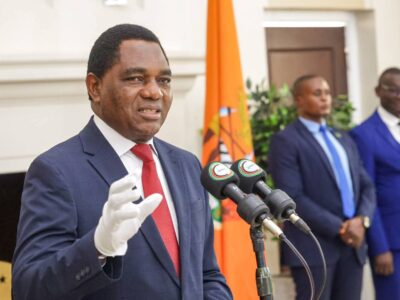
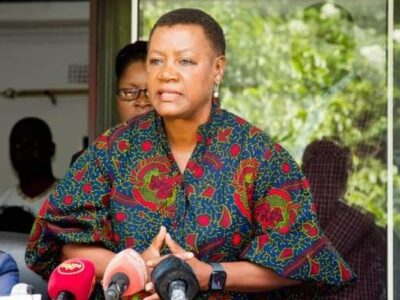
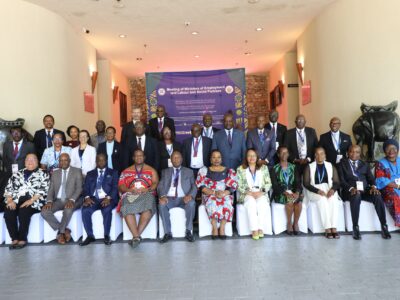




Comments